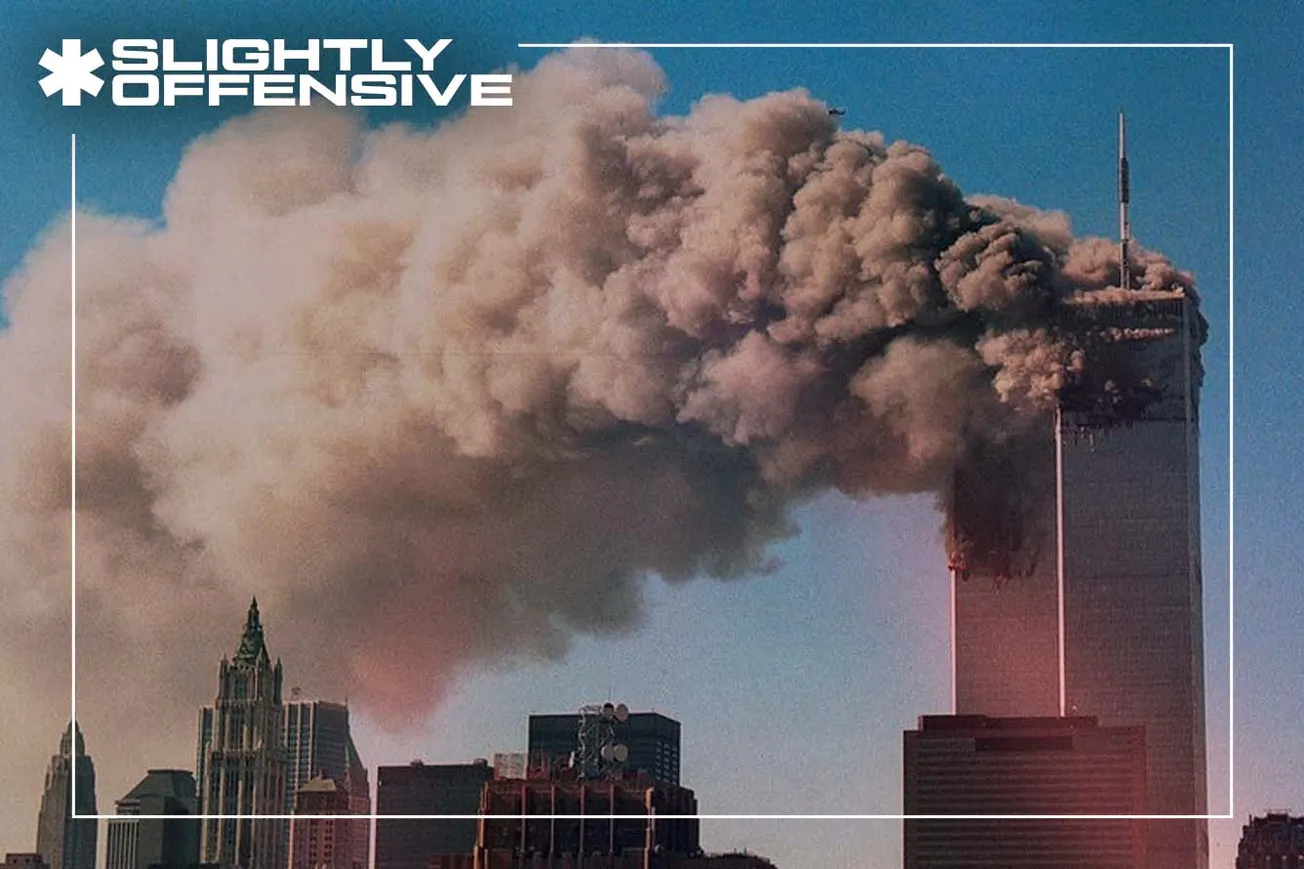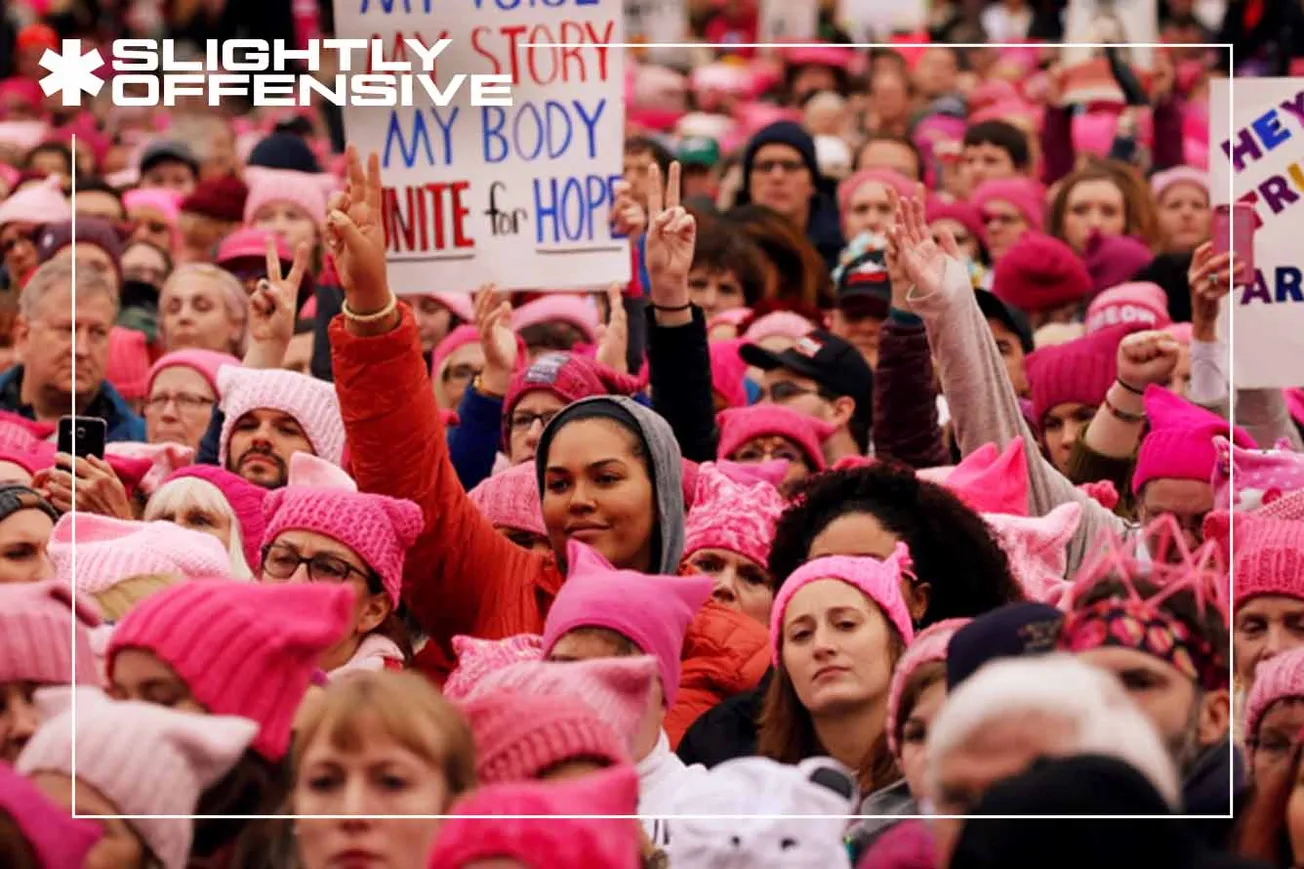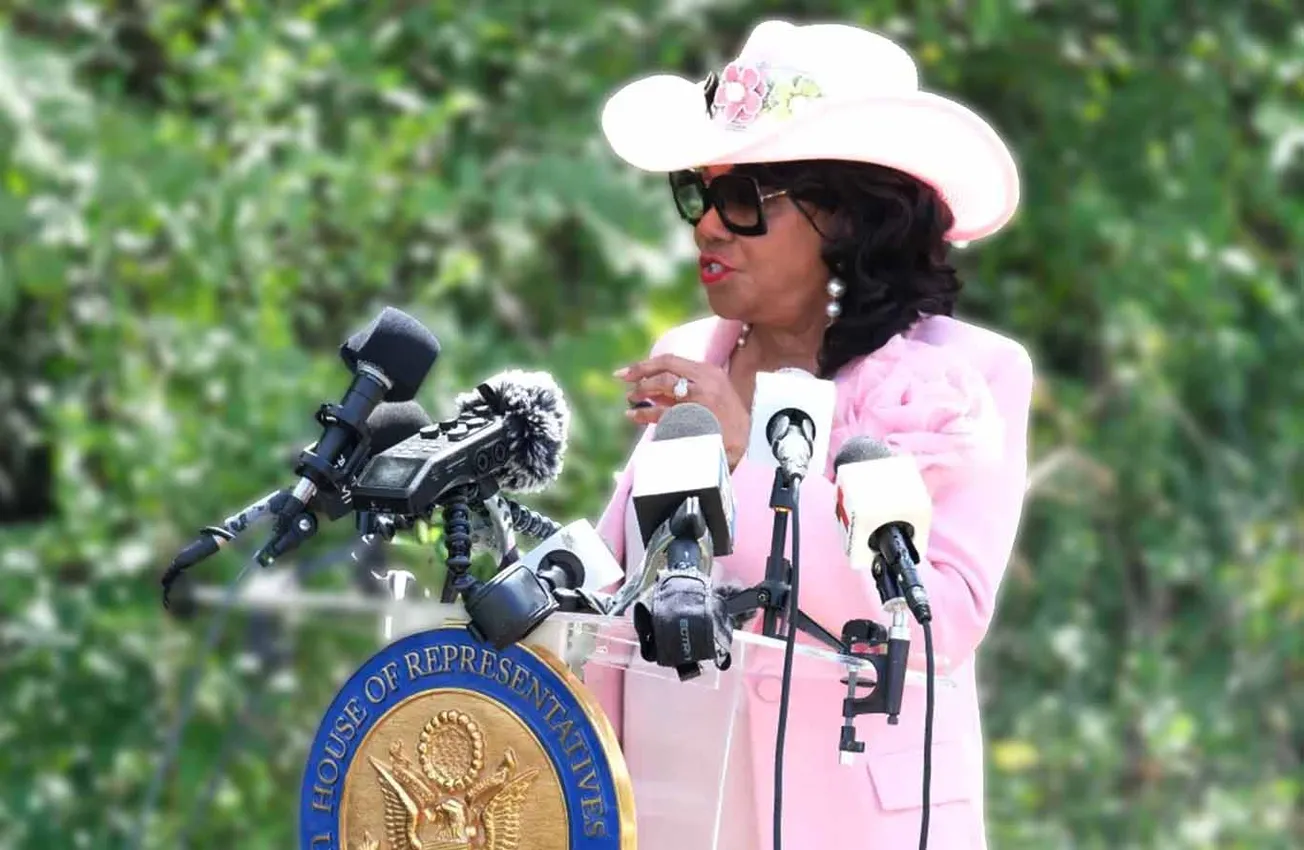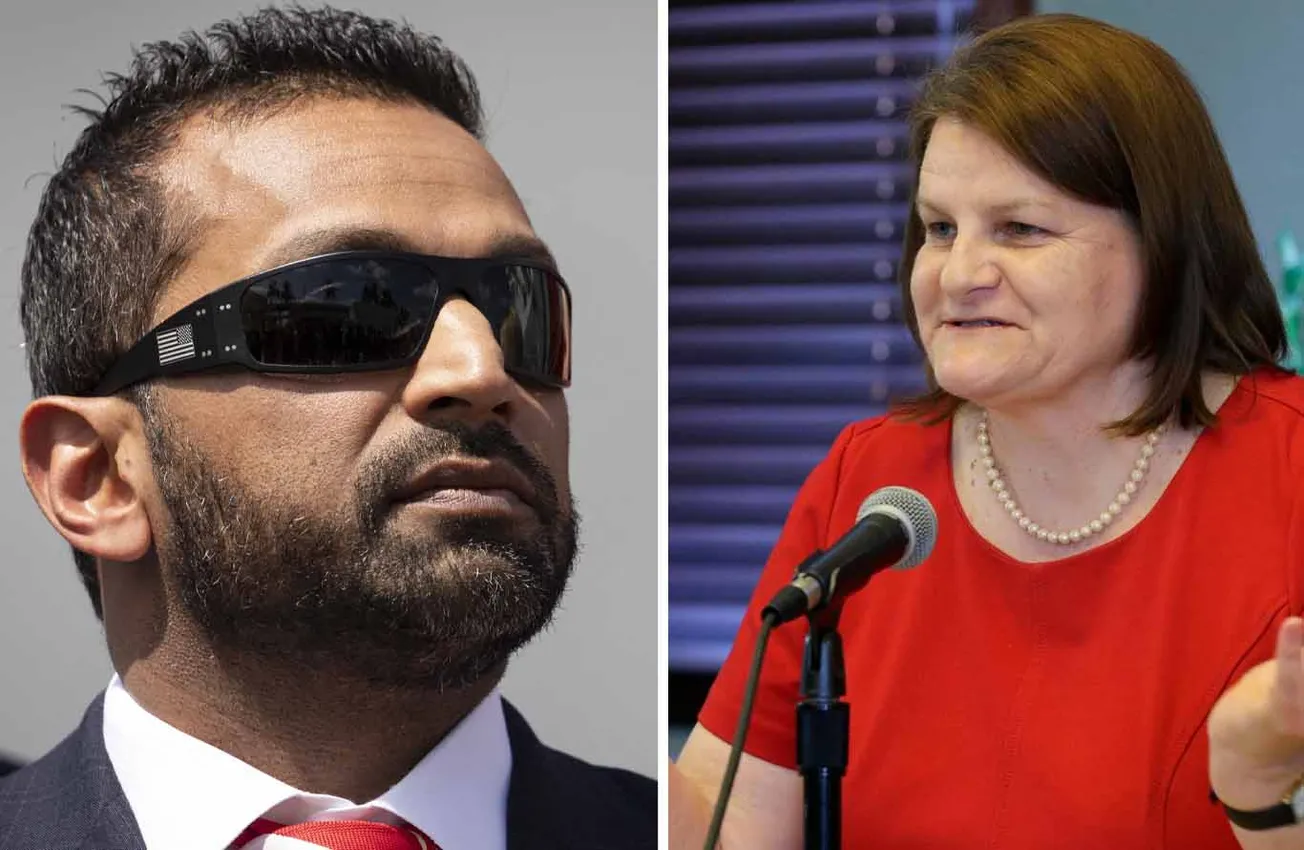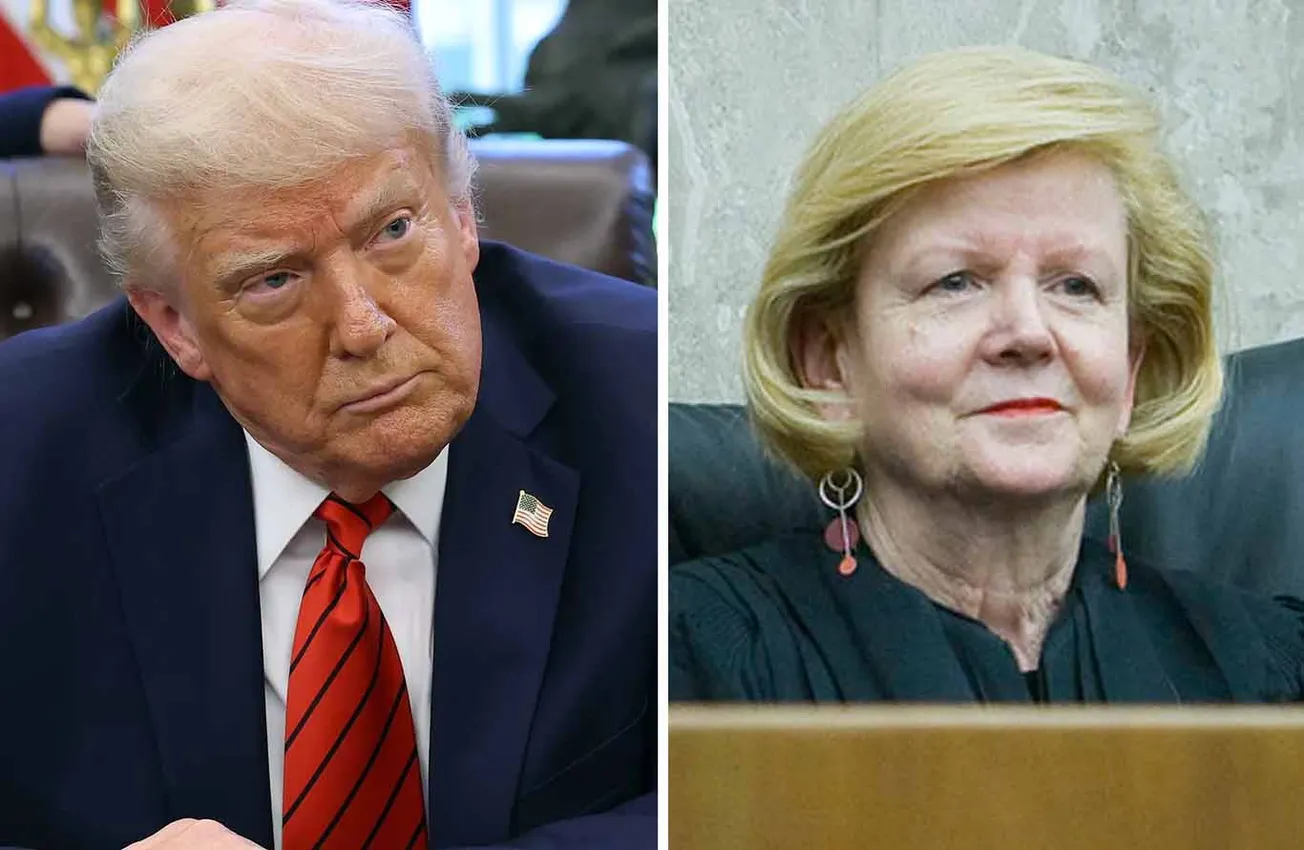In a landmark legal decision, a U.S. military appeals court has reinstated plea agreements for three men accused of orchestrating the September 11, 2001, terrorist attacks. This ruling counters an earlier move by Defense Secretary Lloyd Austin to cancel the agreements, which allow the defendants to avoid the death penalty in exchange for guilty pleas.
The reinstated deals involve Khalid Sheikh Mohammed, the alleged mastermind behind the attacks, as well as Walid bin Attash and Mustafa al-Hawsawi. The agreements, originally reached in July 2024, were designed to bring an end to the decades-long legal battle surrounding the attacks that killed nearly 3,000 people. Secretary Austin’s attempt to nullify these deals in August sparked heated debate about justice, accountability, and the role of plea agreements in such high-profile cases.
Key Details of the Case
- The Defendants: Khalid Sheikh Mohammed, long considered the architect of the 9/11 attacks, along with Walid bin Attash and Mustafa al-Hawsawi, face charges of conspiracy, terrorism, and mass murder.
- The Plea Agreements: The deals would spare the defendants from the death penalty in exchange for guilty pleas, ensuring life sentences without parole.
- Austin’s Objection: The Defense Secretary moved to cancel the agreements, citing political pressure and concerns that the deals did not reflect the severity of the crimes.
- The Court’s Decision: The appeals court ruled that Austin lacked the legal authority to overturn agreements already approved by the top official of the military commission at Guantanamo Bay.
BREAKING: Joe Biden’s original plea deal with the 9/11 masterminds now in effect following court ruling. Their lives will be spared. pic.twitter.com/W7kAH87VNB
— End Wokeness (@EndWokeness) December 31, 2024
Support for the Plea Deals
Supporters of the reinstated agreements argue that the plea deals offer the most pragmatic resolution to a legal saga that has dragged on for over two decades.
A Path to Justice
- Advocates highlight the significant challenges associated with prosecuting these cases, particularly given the defendants' treatment during CIA custody, which included documented instances of torture. This history complicates the admissibility of key evidence and prolongs the legal process.
- By accepting guilty pleas, the U.S. government avoids years, or even decades, of protracted litigation, offering a swifter path to justice for victims and their families.
Closure for Families
- Many victims’ families, weary of the delays and legal wrangling, have expressed support for the deals. For them, life sentences without parole represent a definitive end to the case, allowing them to move forward while ensuring the defendants remain behind bars for the rest of their lives.
Strategic Considerations
- Legal experts also note that life sentences may align better with the U.S.’s broader strategic goals, avoiding the potential fallout of death penalty trials, which could draw international criticism or further inflame extremist sentiments.
Criticism of the Decision
Despite the arguments in favor, the court’s decision has not been without controversy. Opponents argue that the plea deals undermine the gravity of the crimes and deny the full measure of justice to the victims of 9/11.
Demands for Capital Punishment
- Critics believe that the death penalty is the only appropriate punishment for acts of such unimaginable horror. They argue that allowing the defendants to live, even in prison, fails to deliver the justice the victims and their families deserve.
Concerns Over Precedent
- Some fear that sparing the defendants’ lives sets a dangerous precedent, signaling leniency in cases involving acts of mass terrorism. This, they contend, could weaken deterrence and embolden future perpetrators.
Political Ramifications
- The decision has also drawn backlash from political leaders who see the reinstatement of the plea deals as a failure of the U.S. justice system to hold the most egregious offenders fully accountable. For them, the cancellation of the deals by Austin reflected an attempt to uphold the highest standards of justice.
Broader Implications
This case underscores the complexities of prosecuting high-profile terrorism cases in the military justice system. The use of enhanced interrogation techniques, widely condemned as torture, has cast a long shadow over the legal proceedings, creating significant hurdles in securing convictions. The court’s decision to uphold the plea deals may offer a resolution, but it also highlights the legal and ethical challenges that have plagued the Guantanamo Bay trials since their inception.
The Role of Plea Deals
The reinstated agreements bring attention to the role of plea bargains in resolving complex cases. While often criticized, plea deals serve as a practical tool in ensuring convictions when trials are likely to face insurmountable obstacles. In this case, they may represent the most viable means of securing justice while avoiding endless litigation.
Public Perception
Public opinion remains deeply divided. For some, the deals represent a pragmatic compromise, ensuring the defendants face punishment without further delay. For others, the decision to spare the defendants’ lives feels like a betrayal of the promise to deliver justice for the worst terrorist attack in U.S. history.
A Turning Point in Justice
The court’s decision marks a critical turning point in the pursuit of justice for the September 11 attacks. While the reinstatement of the plea deals provides a path toward resolution, it also leaves lingering questions about the balance between justice and pragmatism.
As the legal proceedings move forward, the broader implications of this ruling will likely shape the discourse on military justice for years to come. Whether the reinstated deals bring long-awaited closure or spark further controversy, they underscore the challenges of addressing crimes of such profound magnitude within the constraints of the justice system.
For now, the nation watches closely as the next chapter unfolds in one of the most consequential legal battles in American history.

